Question And Answer
Publications
Articles, publications, books, tools and multimedia features from the U.S. Institute of Peace provide the latest news, analysis, research findings, practitioner guides and reports, all related to the conflict zones and issues that are at the center of the Institute’s work to prevent and reduce violent conflict.
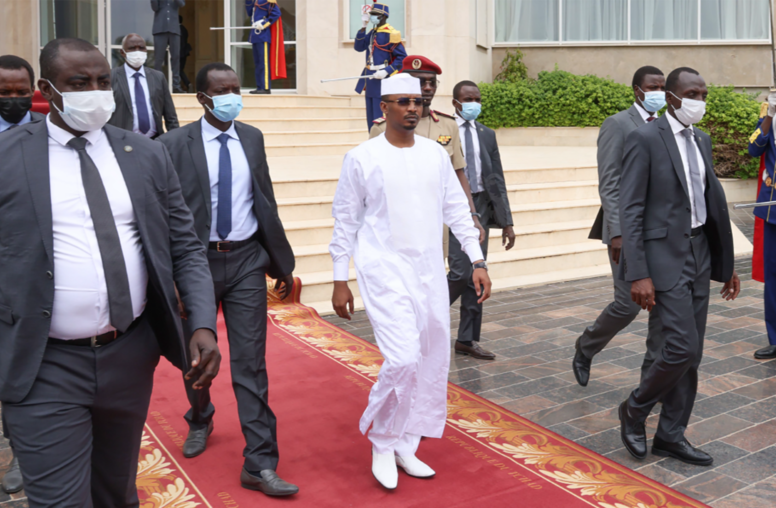
Chad’s National Dialogue Concludes Amid Uncertainties for the Transition
When Chad’s longtime President Idriss Déby was killed in April 2021, a group of military officers led by Déby’s son, Mahamat Idriss Déby, took control of the country and outlined an 18-month transition back to civilian rule. A crucial part of the transitional timeline was the promise of an inclusive national dialogue, which would be tasked with forming a national consensus on constitutional reform, election plans and other contentious political issues. After numerous delays, the long-awaited national dialogue finally opened in the capital N'Djamena in late August — just two months before the transition was slated to end.

Le Dialogue National au Tchad se Termine dans un Contexte d'Incertitudes pour la Transition
Après que l’ancien président du Tchad, Idriss Déby, a été tué en avril 2021, un groupe d'officiers militaires dirigé par le fils de Déby, Mahamat Idriss Déby, a pris le contrôle du pays et a défini une période de transition de 18 mois pour le retour à un régime civil. Un élément crucial du calendrier de transition était la promesse d'un dialogue national inclusif, chargé de former un consensus national sur la réforme constitutionnelle, les plans d'élection et d'autres questions politiques litigieuses. Après de nombreux retards, le dialogue national tant attendu a finalement commencé dans la capitale N'Djaména fin août – juste deux mois avant la fin prévue de la transition.
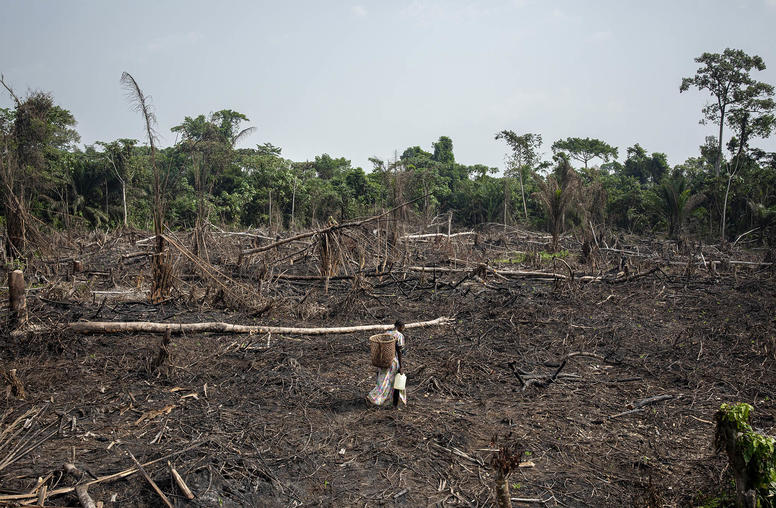
How Climate Change Fuels Instability in Central Africa
Beleaguered by a history of prolonged conflict and socioeconomic insecurity, Central Africa is now considered one of the most vulnerable regions in the world when it comes to climate and environmental shocks. Countries in the region are already feeling the effects, as unpredictable bouts of extreme weather and drought have started to drive displacement, impede governance and incite tensions at all levels of society.
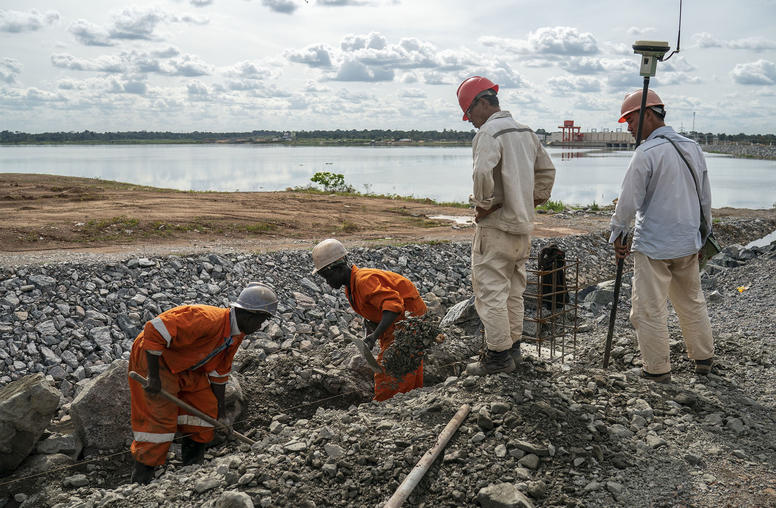
In Africa, U.S. Should Focus More on Democracy, Less on China
Even as the United States draws lessons from its unsuccessful, 20-year effort to build a sustainable peace in Afghanistan, it is shaping policies to engage the political and economic rise of Africa. Both the shortcomings in Afghanistan and the opportunities of Africa underscore the imperative of building policy on a full appreciation of local conditions. Yet on Africa, China’s growing presence has seized Americans’ political attention, and scholars of African politics say this risks distracting near-term U.S. policymaking. A requisite for U.S. success in Africa will be to focus on Africans’ desires—which include an ambition to build their futures by democratic means.
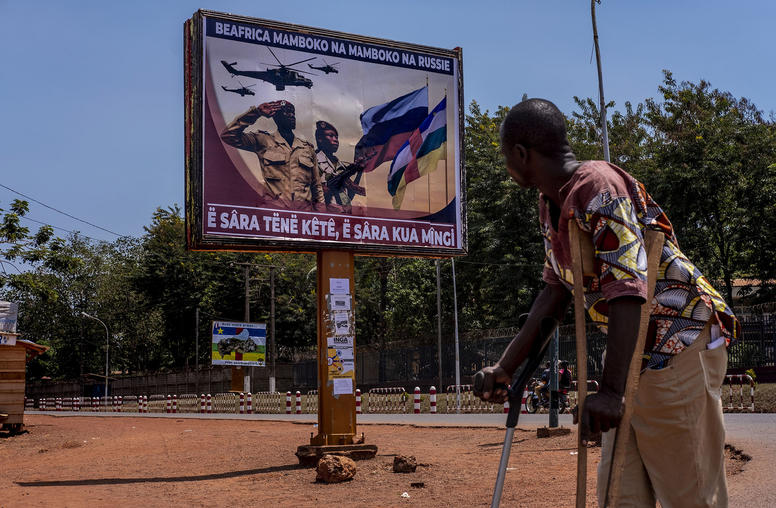
Beyond Fake News: the Central African Republic’s Hate Speech Problem
After a recent contested election, the Central African Republic finds itself in a precarious situation. Violence around the election combined with the socio-economic impacts of COVID-19 and destructive flooding have caused the humanitarian emergency to reach its worst state in five years. Meanwhile, the CAR government has been accused of engaging in Russian-backed disinformation campaigns targeting domestic civil society, French diplomats and the United Nations peacekeeping mission (MINUSCA), threatening key relationships. Even as the long-simmering issue of hate speech continues to draw fault lines through the country, efforts to combat these campaigns have focused primarily on challenging fake news rather than addressing the underlying fear and prejudice that spoilers use to stoke conflict.
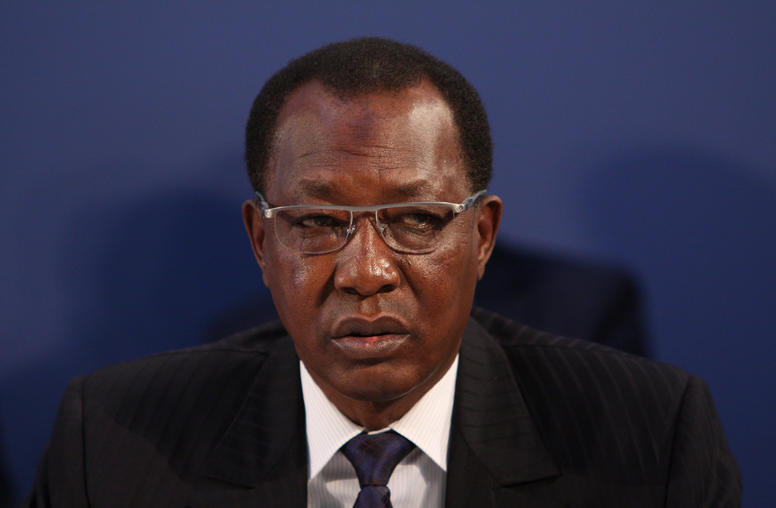
Chad: President Déby’s Death Leaves Vacuum in Volatile Region
The sudden violent death of Idriss Déby, the leader of Chad since 1990, throws the central African country into uncertainty. During a visit to the military frontline, Déby was allegedly killed in fighting in the country’s Lake Chad region, just days after the uncompetitive April 11 presidential elections in which he was re-elected for a sixth term. As USIP’s Kamissa Camara and researcher Jérôme Tubiana explain, Déby’s death does not change the structural deficiencies of the Chadian state. At the same time, Déby’s death leaves the West without a long-time ally in counterterrorism in the greater Sahel and Lake Chad Basin, and how the transition is managed has implications for the wider region, too.
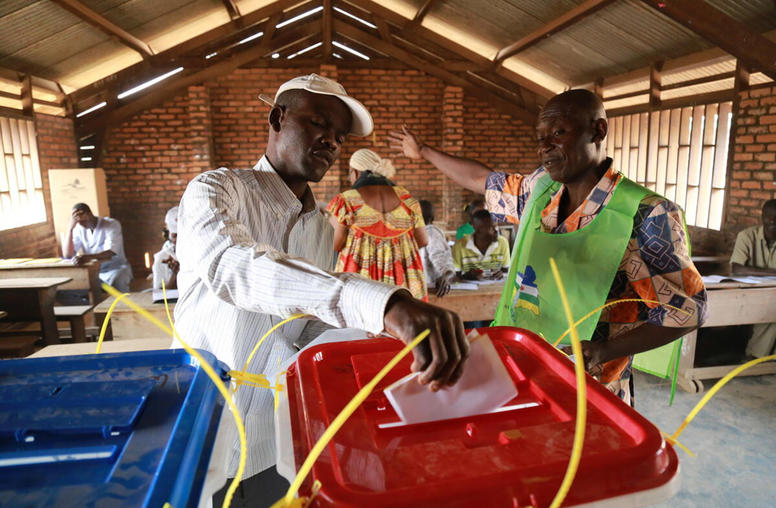
Central African Republic’s Disputed Elections Exacerbate Rising Tensions
After an election period marked by violence and rising tension, the Central African Republic’s (CAR) incumbent president, Faustin Archange Touadéra, has been re-elected, according to the country’s election commission. Days before the vote, a disparate medley of armed groups coalesced to demand the vote be postponed. Since the polls’ closing, there has been a serious spike in violence with fighting in many major towns. The political opposition as well as the newly formed armed coalition have rejected the results and have demanded a re-run election. USIP’s Elizabeth Murray and Rachel Sullivan explain what led to rising violence in the weeks before the polls, what it means for the floundering 2019 peace agreement, and where the international community stands.
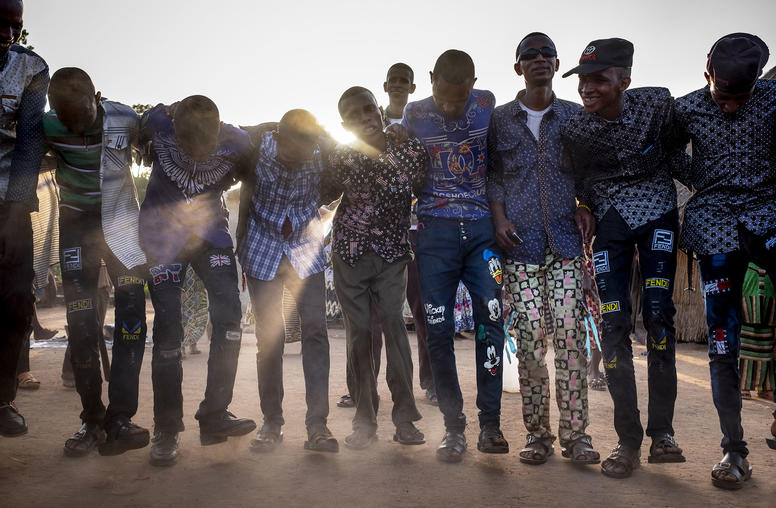
Central African Republic: A Role for Religious Leaders in Calming Conflict?
Presidential and legislative elections loom large in the Central African Republic (CAR) amid high tension and spikes in violence. CAR’s religious leaders have been on the frontlines of efforts to calm tensions ahead of polls opening on December 27. From religious leaders in the capital to those at the grass roots, they have made their voices and positions clear. The question, therefore, is not if religious leaders are crucial actors in conflict stabilization and peace efforts in CAR: They already are. Rather, policymakers and practitioners should be unpacking these leaders’ experiences—past and present—and asking how to strengthen their role as peacebuilding partners in the immediate post-electoral context and longer-term.
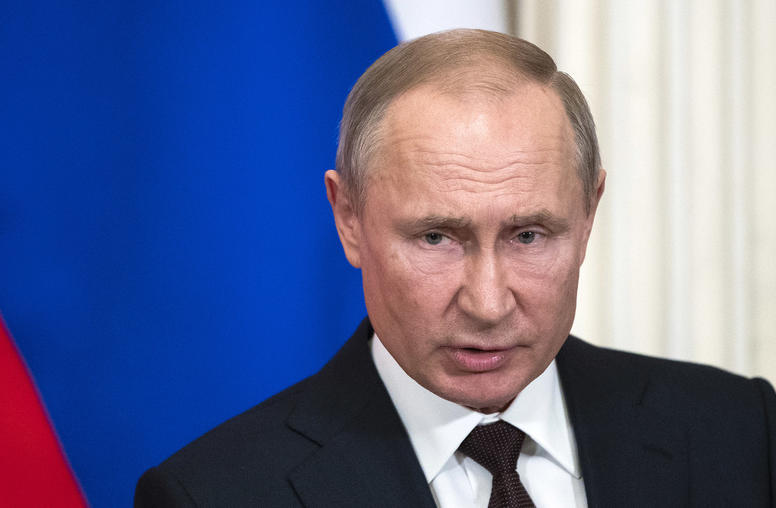
Understanding Russia’s Interest in Conflict Zones
Under Vladimir Putin, Russia’s global ambitions have steadily increased, including in unstable areas of the Middle East, Africa, and the Western Hemisphere. For the most part, Moscow’s activities in these and other areas run counter to Western interests and undermine efforts to mitigate conflict through broad-based, transparent processes. This report outlines the factors that appear to be motivating the Kremlin’s conflict-zone interventions and places them within the larger context of Russian foreign policy interests.
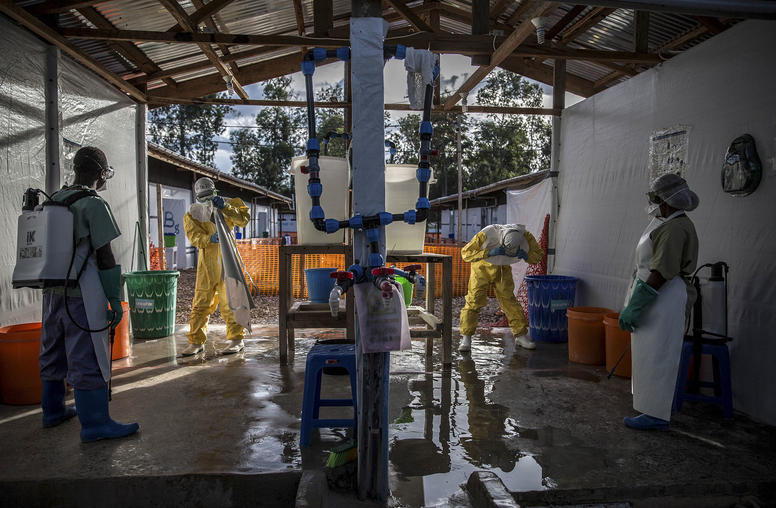
Four Lessons from Outbreaks in Africa for the Age of Coronavirus
As the coronavirus pandemic continues and new behavioral practices—from social distancing to avoiding handshakes and hugs—become expected norms overnight, there are crucial policy lessons to be learned from struggles against previous outbreaks of disease in Africa. Despite widespread poverty, weak infrastructure, and relatively few health professionals, there is an encouraging, long record of African countries—often with significant international assistance and cooperation—eventually managing to overcome dire health challenges. For non-African countries already facing large numbers of COVID-19 infections, as well as for African countries where the epidemic is now at an early stage, policymakers would do well to recall these four lessons of past epidemics—of both what to do and, perhaps almost as importantly, what not to do to confront this global threat.